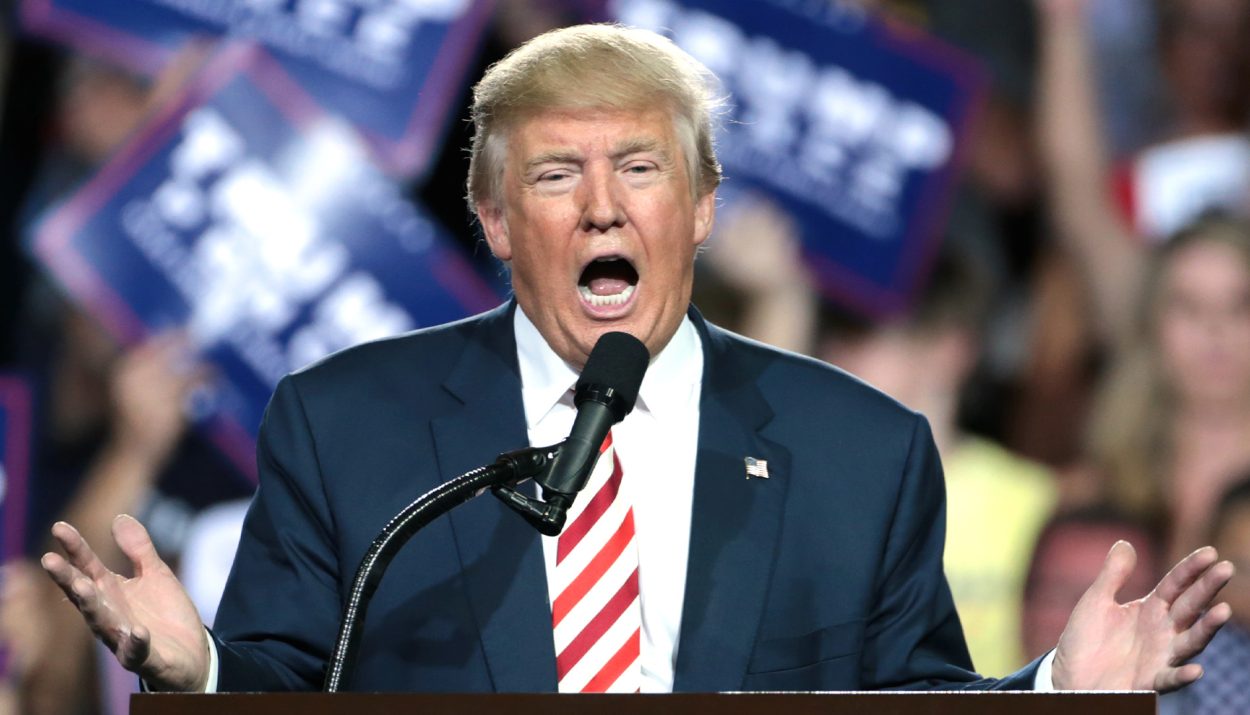In a shocking revelation, former President Donald Trump has declared his intention to order mass deportations if he is re-elected to the White House in 2024. His controversial plan involves granting police officers unprecedented authority to deport migrants en masse, sparking heated debates about the future of immigration in the United States.
Trump’s Controversial Deportation Plan Unveiled
In a recent interview with Newsmax’s The Chris Salcedo Show, Donald Trump, 77, outlined his radical plan to address immigration if he returns to the White House. The former president’s proposal involves granting police officers immunity and the authority to carry out mass deportations, targeting individuals they deem as “bad ones.”
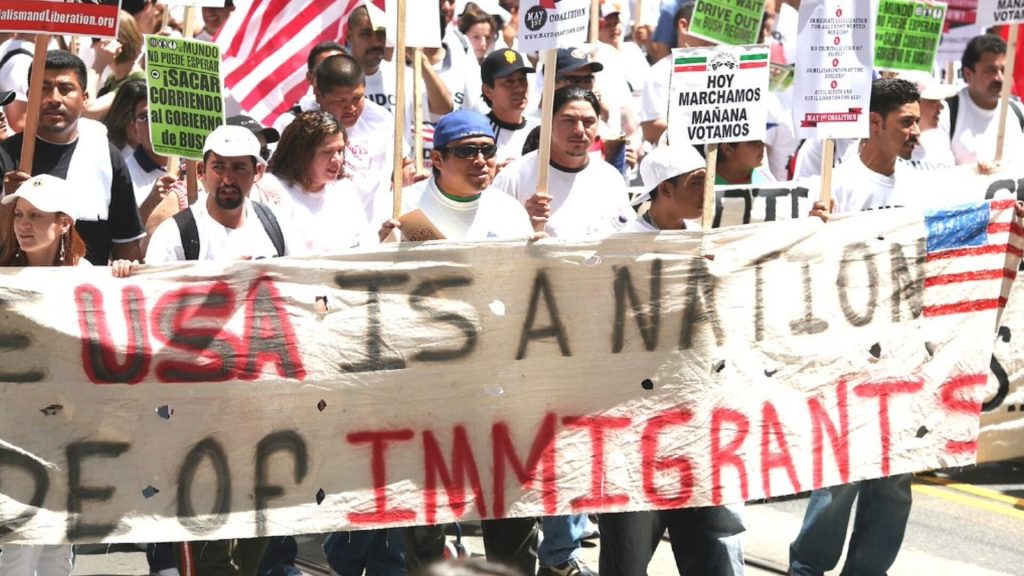
Trump’s statement has sent shockwaves through the nation, with many questioning the legality and morality of such a plan. Critics argue that granting police officers unchecked power to deport individuals without due process could lead to widespread abuse and discrimination.
Local Police: The Frontline of Trump’s Deportation Plan
Under Trump’s proposed plan, local police would be at the forefront of identifying and deporting migrants. The former president asserts that local law enforcement officers possess the knowledge and insight to determine who the “bad ones” are, implying a level of trust in their judgment.

However, this approach raises serious concerns about the potential for racial profiling and the erosion of trust between immigrant communities and law enforcement. Many fear that such a policy would create an atmosphere of fear and mistrust, making it harder for police to effectively serve and protect all members of society.
Granting Police Immunity: A Controversial Move
A key aspect of Trump’s deportation plan involves granting police officers immunity, shielding them from legal repercussions for their actions during the deportation process. This controversial move aims to empower law enforcement to act swiftly and decisively in removing migrants from the country.

Critics argue that granting police immunity could lead to a lack of accountability and oversight, potentially enabling abuse of power and violations of individuals’ rights. The notion of unchecked authority in the hands of law enforcement has raised alarm bells among civil rights advocates and immigrant rights organizations.
The Debate Over Police Authority and Respect
Trump’s call for granting police officers “back their authority and respect” has ignited a heated debate about the role of law enforcement in society. Supporters argue that police need more power and protection to effectively combat crime and maintain order, particularly in the context of immigration.
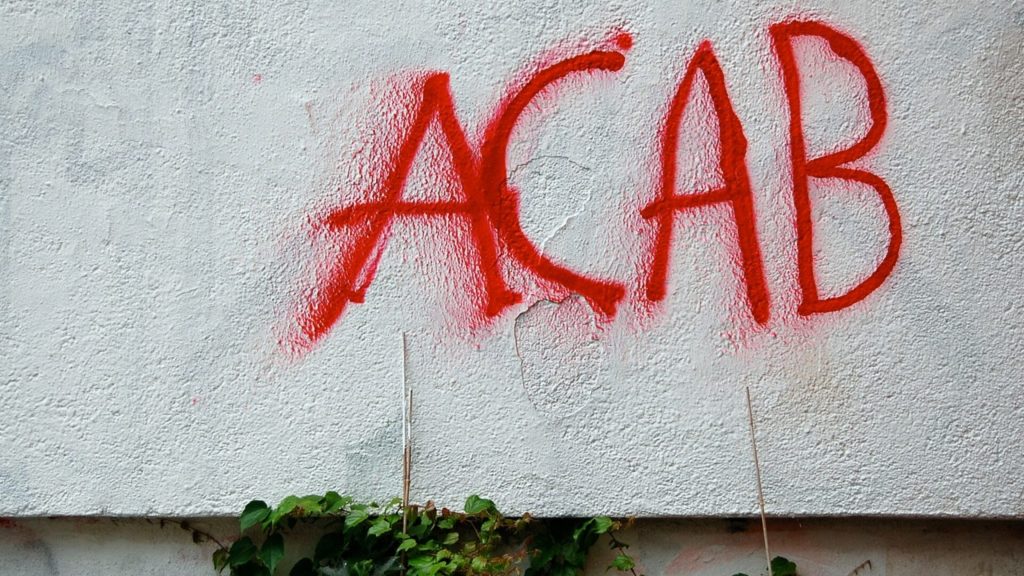
On the other hand, opponents contend that Trump’s rhetoric dangerously conflates the issues of crime and immigration, perpetuating harmful stereotypes and undermining the principles of due process and equal protection under the law. They emphasize the need for police accountability and the importance of building trust between law enforcement and the communities they serve.
The Impact on Immigrant Communities
Trump’s mass deportation plan has sent shockwaves through immigrant communities across the nation. Many fear that such a policy would tear families apart, targeting individuals who have built lives and contributed to American society, regardless of their legal status.

The prospect of heightened police scrutiny and the constant threat of deportation has created an atmosphere of fear and uncertainty among immigrant populations. Critics argue that such a policy would have far-reaching consequences, not only for those directly affected but also for the social fabric of the nation as a whole.
The Economic Implications of Mass Deportations
Beyond the human impact, Trump’s proposed mass deportations could have significant economic repercussions for the United States. Many immigrants, both documented and undocumented, play vital roles in various sectors of the economy, from agriculture to healthcare to technology.

Experts warn that a sudden and massive removal of immigrant workers could disrupt industries, leading to labor shortages, decreased productivity, and potential economic instability. The economic consequences of such a policy could be felt by businesses and consumers alike.
The Legal Challenges and Constitutional Questions
Trump’s mass deportation plan is likely to face significant legal challenges and constitutional questions. The U.S. Constitution guarantees due process and equal protection under the law to all individuals, regardless of their immigration status.
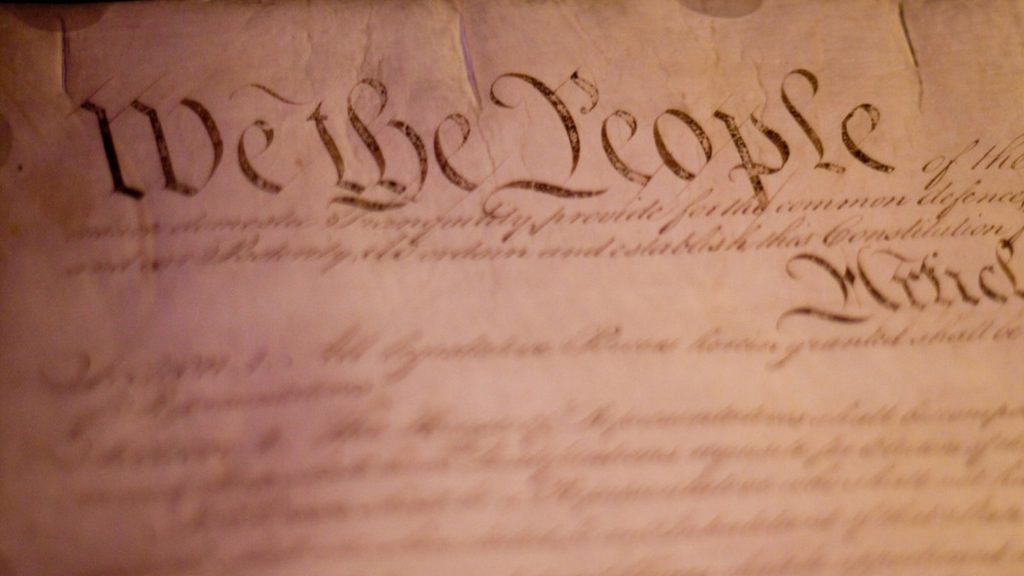
Legal experts argue that granting police officers unchecked authority to deport individuals without proper legal proceedings would violate fundamental constitutional principles. Lawsuits and court battles are expected to ensue if such a policy were to be implemented, testing the limits of executive power and the rule of law.
The International Response and Diplomatic Fallout
Trump’s controversial deportation plan has not gone unnoticed by the international community. Many countries have expressed concern and condemnation over the potential human rights implications of such a policy.

The mass deportation of migrants could strain diplomatic relations between the United States and countries of origin, as well as with allies who prioritize human rights and due process. The international backlash could have far-reaching consequences for American foreign policy and global standing.
The Historical Context of Mass Deportations
Trump’s proposal for mass deportations is not without historical precedent. Throughout American history, there have been instances of large-scale deportations, often fueled by xenophobia, racism, and political expediency.

From the Mexican Repatriation of the 1930s to Operation Wetback in the 1950s, mass deportations have left a painful legacy on immigrant communities and the nation as a whole. Critics argue that Trump’s plan echoes these dark chapters in American history, perpetuating a cycle of discrimination and injustice.
The Role of Congress and the Legislative Process
While Trump has expressed his intention to order mass deportations if elected, the implementation of such a policy would likely require congressional action and changes to existing immigration laws.
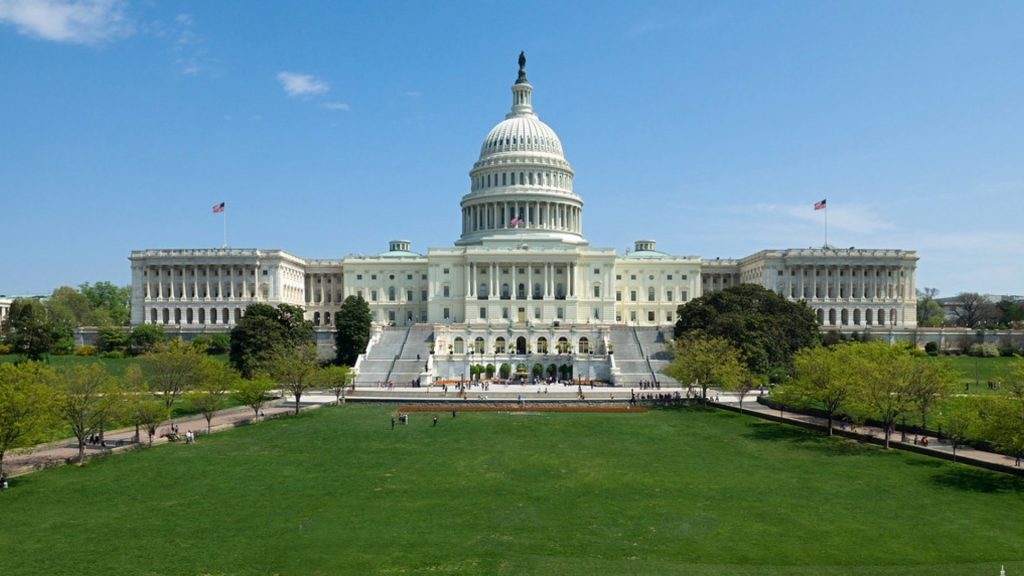
Any significant changes to immigration policy would need to pass through both the House of Representatives and the Senate, facing potential opposition and debate along the way. The legislative process serves as a check on executive power and ensures that policies are subject to public scrutiny and democratic accountability.
The Importance of Comprehensive Immigration Reform
Trump’s mass deportation plan highlights the urgent need for comprehensive immigration reform in the United States. The current system is broken, leaving millions of individuals in limbo and perpetuating a cycle of uncertainty and fear.
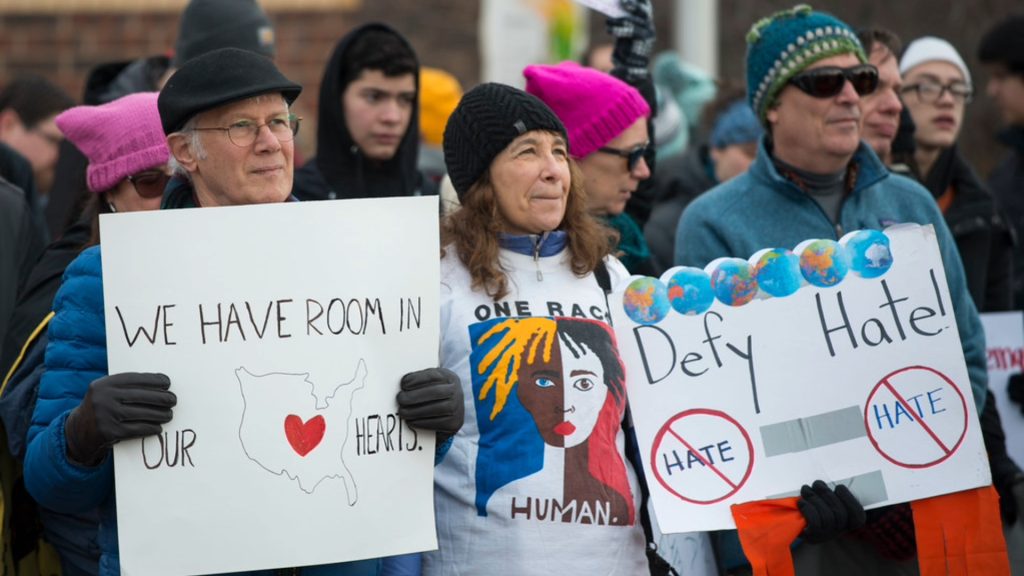
Many advocates argue that a more humane and effective approach to immigration would involve creating pathways to legal status for undocumented immigrants, strengthening border security through technology and infrastructure, and addressing the root causes of migration through international cooperation and economic development.
The Role of Activism and Advocacy
As the debate over Trump’s mass deportation plan unfolds, activists and advocates play a crucial role in shaping public opinion and influencing policy decisions. Immigrant rights organizations, civil liberties groups, and concerned citizens are mobilizing to raise awareness, protest, and demand change.
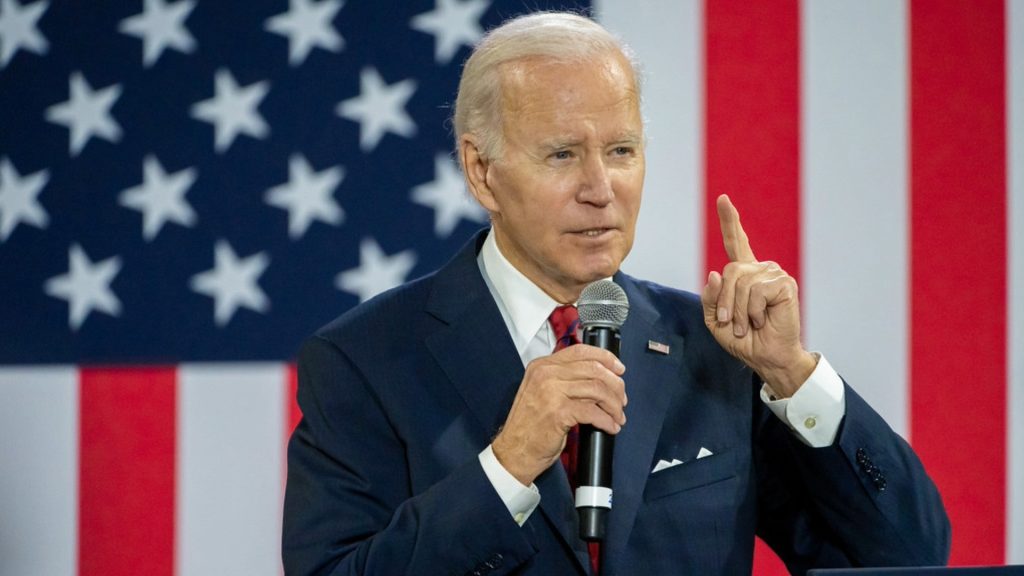
Through grassroots organizing, legal challenges, and public education campaigns, activists seek to counter the narrative of fear and division, advocating for policies that uphold human rights, due process, and the principles of a just and inclusive society.
The 2024 Election and the Future of Immigration Policy
Trump’s mass deportation plan is likely to be a central issue in the 2024 presidential election, as candidates stake out their positions on immigration and the role of law enforcement in society.
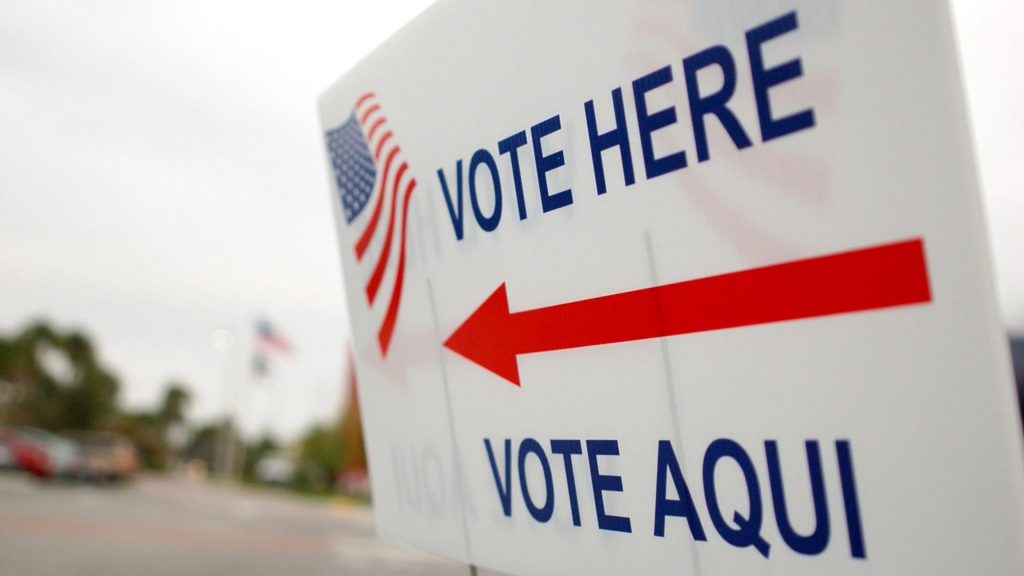
The outcome of the election will have significant implications for the future of immigration policy in the United States. Voters will have the opportunity to make their voices heard, shaping the direction of the nation and the lives of millions of immigrants and their families.
A Nation at a Crossroads
Trump’s shocking declaration of his intent to order mass deportations if re-elected has brought the nation to a crossroads. The debate over immigration, police authority, and the values that define America has never been more urgent or consequential.
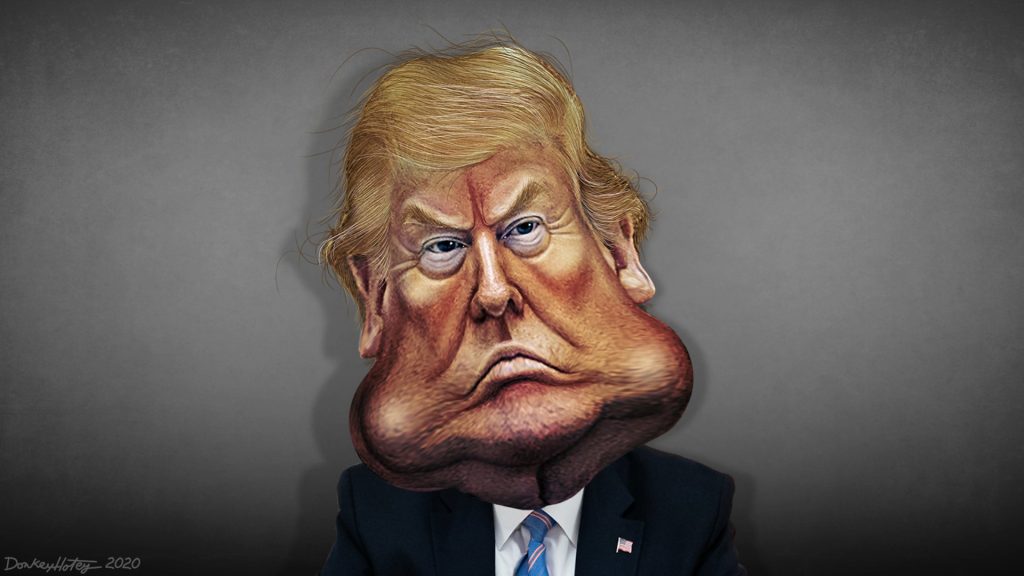
As the nation grapples with these complex issues, we must engage in honest and constructive dialogue, guided by the principles of justice, compassion, and the rule of law. The decisions we make in the coming years will have profound and lasting impacts on the fabric of our society and the lives of countless individuals and families.

